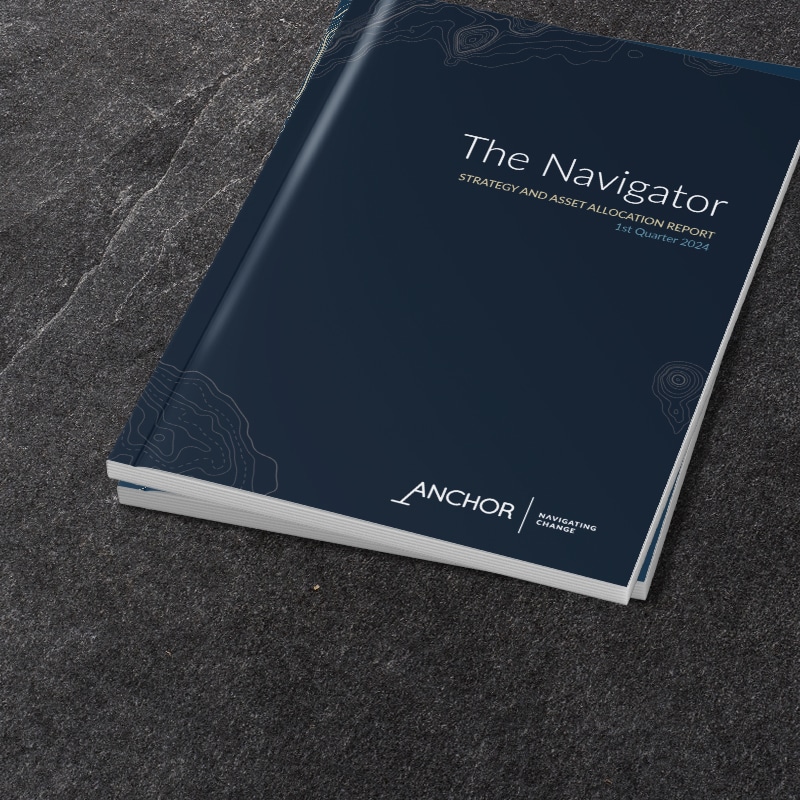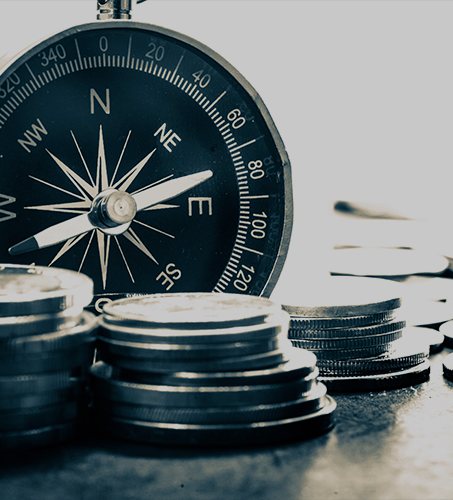I am pensive tonight and writing just because I have a lot of thoughts bouncing around. I need to try get them into some coherent sequence, to try make sense of this all.
Society has an energy. It is like a vibration. You feel it in the air each time you step outside. There is a pulse to each city, an unseen rhythm that we feel, a rhythm to whose beat we move. I felt it in Johannesburg in 1998, a gloom that set in as the South African (SA) Reserve Bank hiked rates to 20% crushing our economy. I felt it in London in 2001 – the stoic sombreness that pervaded. I felt it in Reykjavik with the global financial crisis in 2009 – a disbelieving shock and anger from a desperate society. Today I felt it in Cape Town, while there were whales in the bay. Today felt like a time warp back to London in 2001. Economists are reluctant to call 2001 a recession because technically it didn’t meet the definition. In reality, it was a developed market slowdown that occurred and if you were in SA you probably didn’t even notice it. However, it felt very real in London – jobs were lost and businesses closed.
It might have started as a supply chain shock from China, but now we are galloping into recession spawned from a slump in demand. Most recessions start with an action of government, usually in the form of policy mistakes from central banks. This time it is a little different, the government has insisted that humans stay away from each other in an effort to curb the disease. In the process moods have slumped and we just don’t feel like going out to buy a new car right now. Instead, we stoically go about our business, just like in London 2001.
London recovered, Reykjavik recovered, and we will recover as well. In his book Maestro: Greenspan’s Fed and the American Boom, former Federal Reserve Chairman Alan Greenspan compares recessions to hurricanes. Your typical boom/bust recession, like in 2001, is a category 1 or 2 hurricane, dangerous but it passes. Often these are driven by a slump in demand and, with the passage of time as well as with policy measures the economy recovers. Balance sheet recessions on the other hand arise when bank balance sheets are impaired and the transmission mechanism for monetary policy does not work. This was the case in 2009. These are a category 3 or 4 hurricanes. The Great Depression in the 1930s was a category 5.
Currently, the economy is a category-1 hurricane. Actually, the demand slump so far is mild. The issue is that we just do not know when the governments will let us go about our daily lives again. When will I be allowed to drink beer at a restaurant after 6PM? In fact, if the virus evaporated and governments removed curfews, this would be the recession that never was as demand would recover fast enough that economic readings wouldn’t meet the definition of a recession at all. The problem is we just do not know how long the demand slump will continue, nor how deep it will be. How do we price for that? If we look at the scale of the sell-off in the US, it is arguably pricing-in a hurricane with a strength of about 2. Remember that one headline is US market slumps 35%, while an alternative headline is that US equities have delivered a gain of 19% since the start of 2016. An annualised 4.5% in US dollar terms is low, but now wildly out of line with the long-term average for the S&P. There is more downside if this progresses badly.
If we look at the US banks, they are materially stronger than pre-crisis. In fact, Moody’s believes that banks are quite solid at the moment. The oodles of cash that has been made available by central banks also gives banks huge breathing room. Bear in mind that banks no longer have prop-trading desks, so the impact of the market sell-off will also be less direct than it was the last time. It is all about the quality of their lending book. US homeowners are re-mortgaging their properties to lock-in lower rates. Banks don’t have a mortgage problem this time around either. Perhaps there is a problem with a number of corporate borrowers, but small, micro and medium enterprises (SMMEs) can term out their loans quite easily and banks are certainly getting pressure from government to play nicely for the sake of the bigger team. In reality, when interest rates are zero it doesn’t really cost the bank much to give a few months’ payment holiday anyway. The issue is more for those corporates that are a little bigger and that have borrowed in the professional markets. There will be defaults but, in the US, much of this risk is sitting with third-party investors. From a US perspective, this is unlikely to escalate beyond a level-3 hurricane. We are 35% below peak prices, so perhaps we have another 10% or so to go to really price in a category-3 hurricane. Maybe we overshoot and push a bit lower. The point is that the economy and most companies will recover. Apple will still be selling phones a decade from now and people will merrily be buying them again. It is all about avoiding potential bankruptcies. It is about quality stocks to lock-in 30% returns for the next few years as companies recover and valuations return to normal.
Domestically, we are in much the same situation. The government is torn between trying to save people from dying of COVID-19 and trying to save people from dying of hunger. We have seen something remarkable in SA over the last few days. The politicians have put their differences aside and started to jointly work for the country’s greater good. This will be a painful journey, but it is very possible that through the process of dealing with this, the fracture lines that so tore SA apart may begin to heal. When I look at stocks like Fortress A or Growthpoint, I see a system that has been rebooted. There will be bankruptcies and our SMMEs will need support. However, the point is that we still have 57mn South Africans and the economy, and most companies, will recover. The SA equity market has been sick for a while – now we have a base from which earnings and share prices can grow at a healthy pace. It is all about quality stocks to lock-in the 30% returns for the next few years as companies recover and valuations return to normal.
We will recover from this. This is not Armageddon. If it was, I would surely not be spending my last days rationing my children’s toilet paper while trying to buy government bonds.
At this point, the chaos in my mind is finding order and I need to brace myself for the opportunities that tomorrow brings …



